autumn master list
how to live inside the season
hello.
autumn is the season that insists on returning to itself. every year i find myself circling back to the same rituals: books pulled from the shelf, films rewatched like old friends, soups simmering in the kitchen while rain presses against the windows. it is both repetition and renewal, a cycle that feels as comforting as it does inevitable.
last year i put together a master list as a way of holding the season in one place. a catalogue of the stories, scents, and small obsessions that defined those months for me. but this year i wanted to do something a little different. instead of simply collecting titles and objects, i wanted to curate an updated list with better recommendations, playlists, and the seasonal archetypes we all slip into (plus an autumn wishlist). each one is a mirror of how we move through autumn, and together they form a map of the season’s moods.
so what follows is part guide, part essay, part personal inventory: the books and films i return to, the archetypes that shape the days, the wishlist i’ve been building in quiet moments online. it’s an offering of autumn in all its forms: literary, cinematic, ritual, material. a way of saying here is how i am living inside the season.
autumn master list from last year.

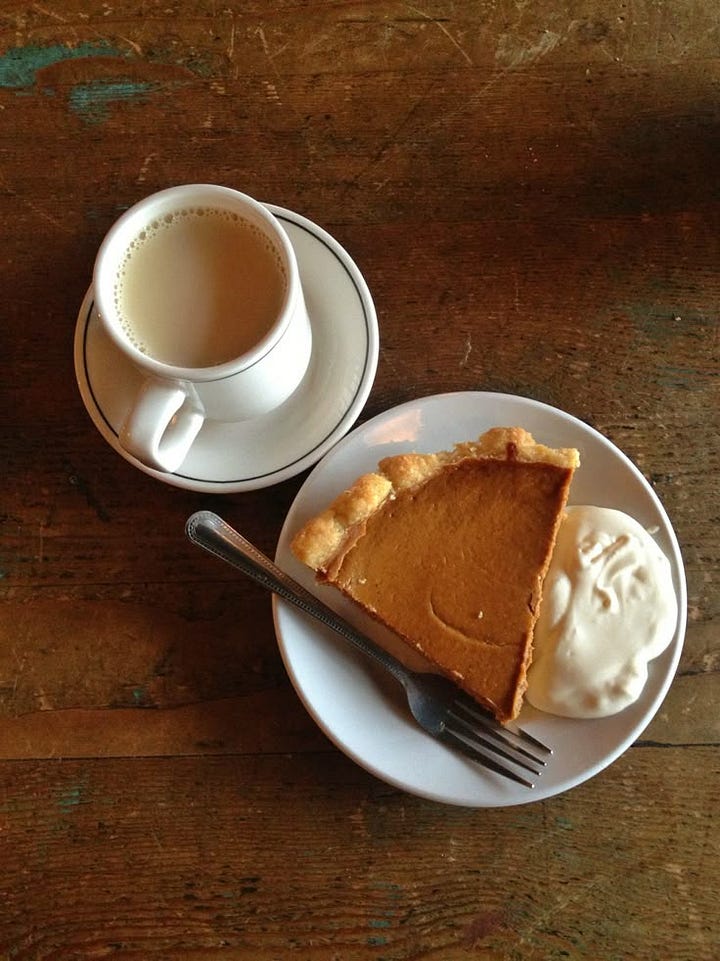
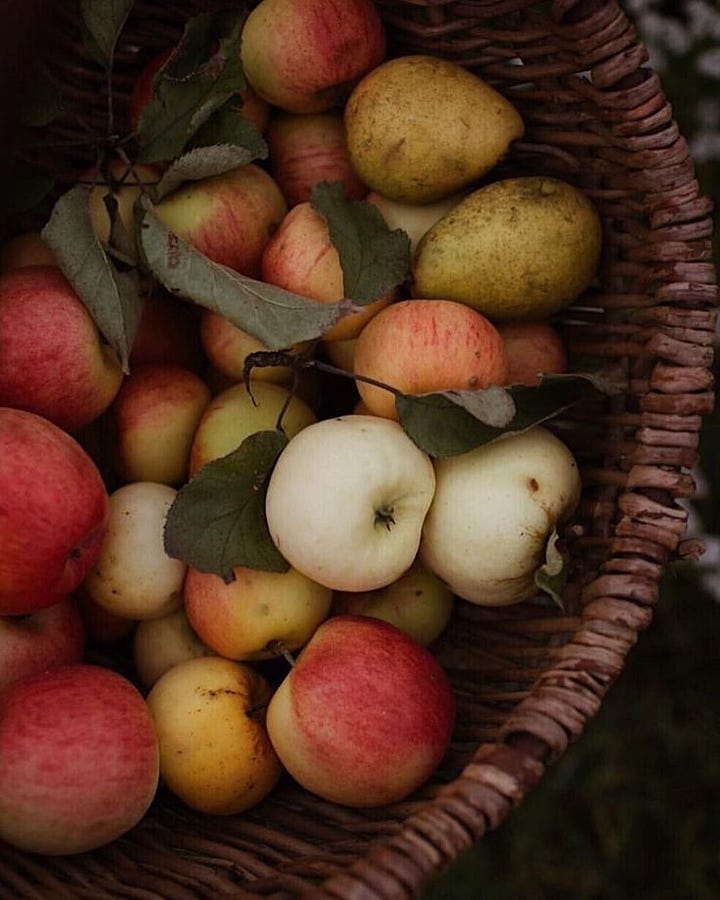
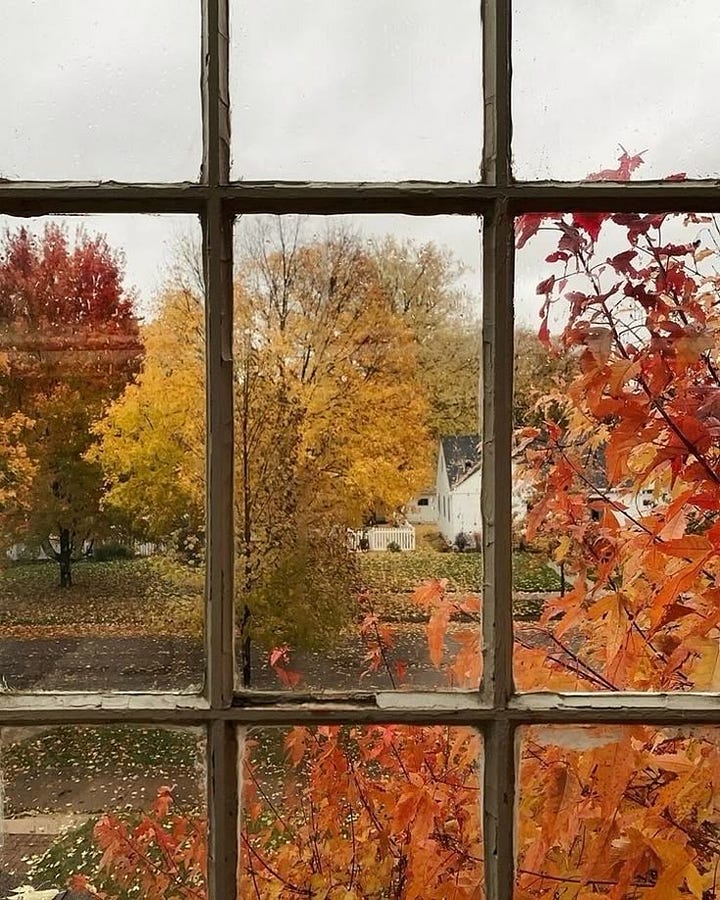
books:
rebecca — daphne du maurier
a young woman marries a wealthy widower and moves into his mansion, only to find her life overshadowed by the memory of his first wife, rebecca. it’s a gothic tale of obsession, secrecy, and the destructive power of the past.
villette — charlotte brontë
lucy snowe travels alone to teach at a girls’ school in a foreign city, where she faces isolation, unrequited love, and questions of faith. it’s a psychological novel about solitude, resilience, and the hidden life of a woman’s inner world.
demons — fyodor dostoevsky
set in a provincial russian town, a group of young radicals plot to overthrow society, leading to chaos, violence, and destruction. it’s a political and psychological novel about ideology, fanaticism, and the dangers of nihilism.
pomegranate seed — edith wharton
a short ghost story about a widow who receives mysterious letters that may be from her dead husband. it’s about grief, haunting, and the impossibility of escaping the past.
we have always lived in the castle — shirley jackson
two sisters live in isolation after most of their family is poisoned, their fragile world threatened when a cousin arrives. it’s a gothic story of paranoia, secrecy, and survival.
dark tales — shirley jackson
a collection of jackson’s unsettling short stories where ordinary lives twist into the uncanny. themes of fear, repression, and psychological disturbance run throughout.
the oxford book of victorian ghost stories
an anthology of 19th century ghost stories by victorian writers. filled with haunted houses, restless spirits, and moral warnings, it reflects the era’s fascination with the supernatural.
the oxford book of gothic tales
a wide collection of gothic stories from the 18th century onward, including haunted castles, family curses, and the uncanny. it’s a survey of the gothic tradition’s evolution.
crime and punishment — fyodor dostoevsky
a psychological novel about raskolnikov, a poor ex-student in st. petersburg, who murders a pawnbroker and struggles with guilt, paranoia, and morality. it’s a study of crime, conscience, punishment, and the possibility of redemption.
the metamorphosis — franz kafka
gregor samsa wakes one morning transformed into a giant insect. the story explores alienation, obligation, and the cruelty of family and society when faced with the inexplicable.
the overcoat — nikolai gogol
a poor clerk saves to buy a new overcoat, only to face tragedy when it is stolen. both comic and heartbreaking, it critiques bureaucracy while reflecting on dignity and human need.
paradise lost — john milton
an epic poem about satan’s rebellion against god and adam and eve’s fall from eden. milton explores free will, temptation, and the complexity of good and evil.
the castle of otranto — horace walpole
the first gothic novel, telling of a haunted castle, family curses, and dark secrets. melodramatic and eerie, it laid the foundation for the entire gothic genre.
the house of mirth — edith wharton
the story of lily bart, a beautiful but financially insecure socialite in new york high society. caught between love and wealth, she is undone by the rigid demands of class and reputation.
selected poems — john keats
romantic poems filled with beauty, mortality, and longing. from odes to sonnets, keats meditates on the brevity of life and the permanence of art.
the birth of tragedy — friedrich nietzsche
a philosophical study of greek tragedy, framing art through apollo (order) and dionysus (chaos). it argues that tragedy reveals how humans confront suffering through art.
the sickness unto death — søren kierkegaard
an exploration of despair as a sickness of the soul and a study of how the true self can only be found in relation to god. one of kierkegaard’s most existential works.
macbeth — william shakespeare
a scottish nobleman, spurred by prophecy and his wife’s ambition, murders his way to the throne. his reign unravels under guilt and paranoia, ending in downfall.
inferno — dante alighieri
the first part of the divine comedy, following dante and virgil through the nine circles of hell. each circle punishes a different sin, creating a vision of justice, sin, and redemption.
the rest of this essay is for paid subscribers where i share the full autumn archetypes, my annotated wishlist, autumn film recommendations, music playlists, and the rituals i’m holding close this season. if you want to slip further into this world with me, join the milk fed community.
thank you for reading, for supporting my work.
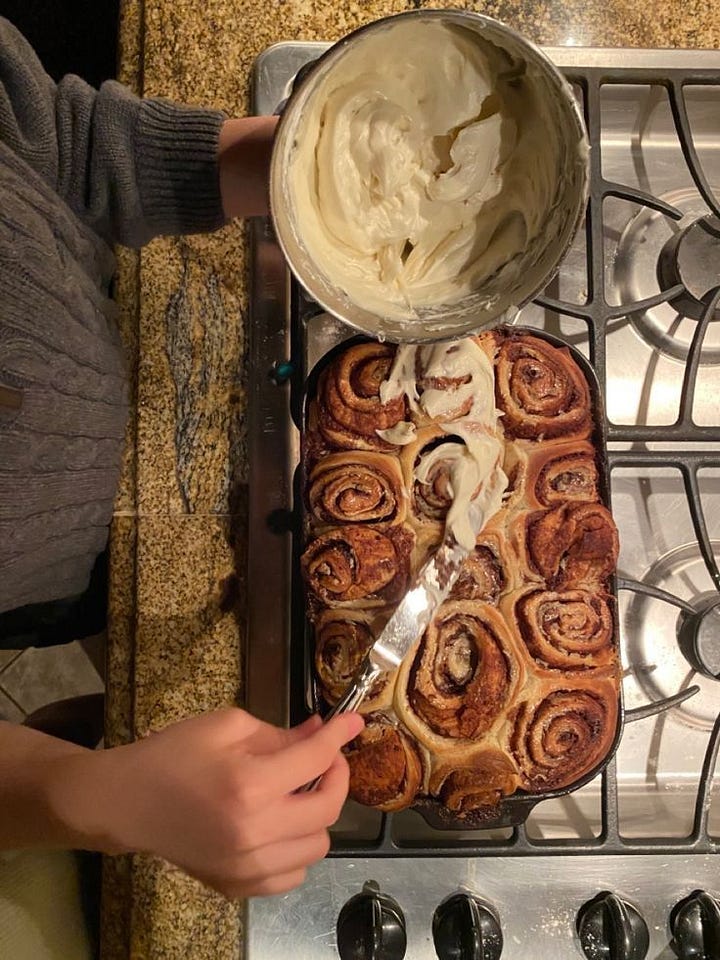
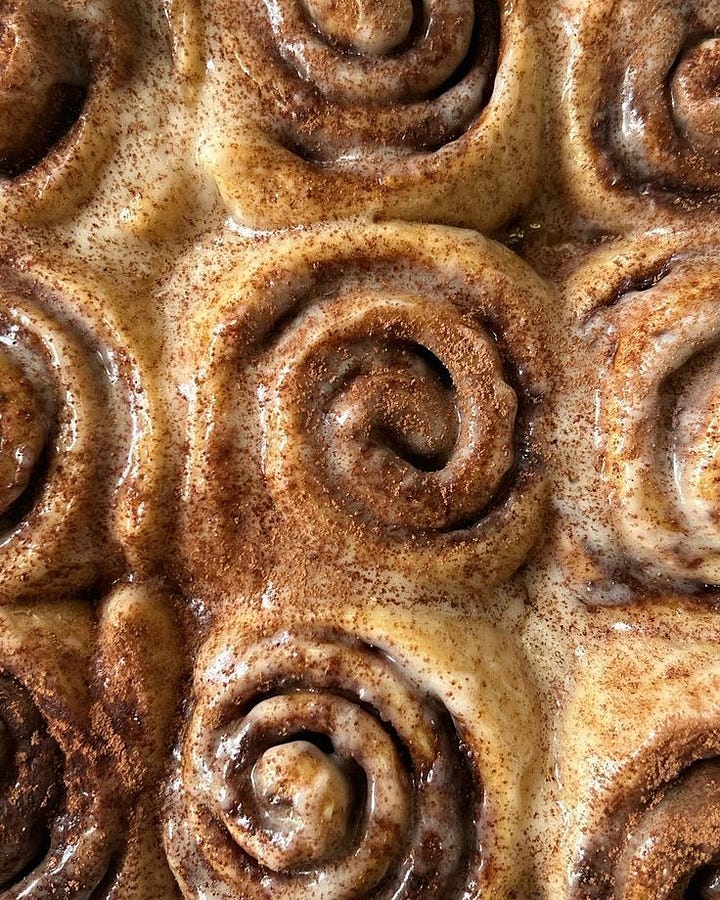
Keep reading with a 7-day free trial
Subscribe to milk fed to keep reading this post and get 7 days of free access to the full post archives.

